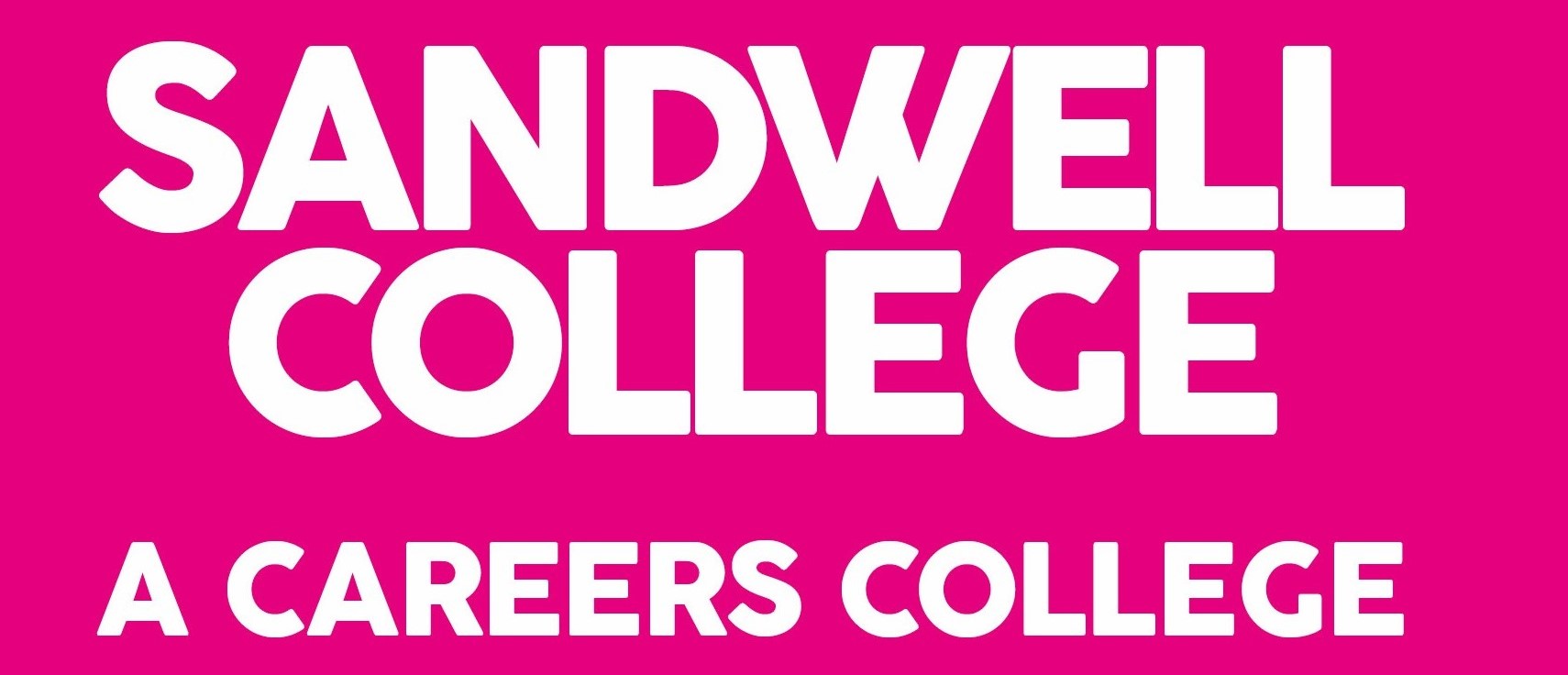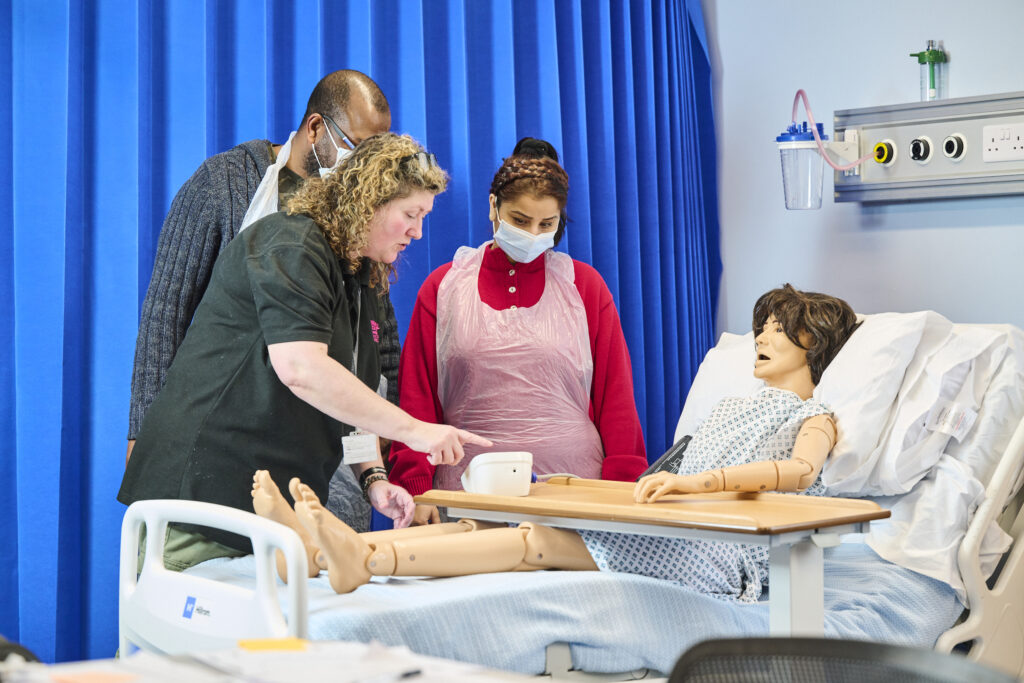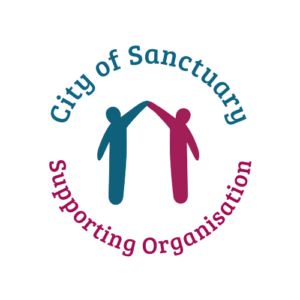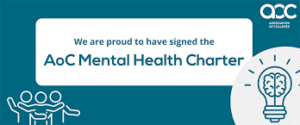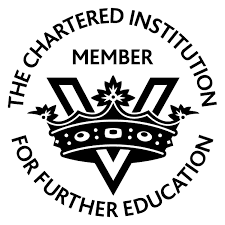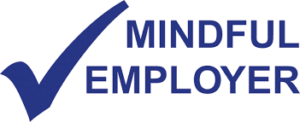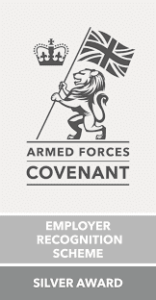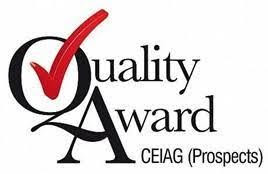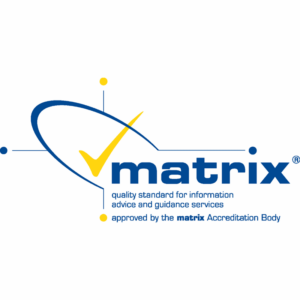This Access to HE Diploma (Health Science Professions) is designed for adults (19+) who want a nationally recognised Level 3 qualification to progress to university. It is ideal for students aiming for careers in health professions, health sciences, other sciences, psychology, social work or a range of social science or education related degrees. Whether you’re returning to education, changing direction, or building on previous study or work experience, this course provides a flexible and supportive route into higher education.
1. Are you an adult (19+)?
You must be 19 years old or over to meet the college’s entry requirements for the Online Access to HE Diploma.
2. Do you want a career in health, science or social science?
This course is tailored for adults pursuing careers in:
– Nursing
– Midwifery
– Allied Health Professions
– Sciences
– Social Sciences
– Social Work
3. Do you need a Level 3 Qualification to get into university?
If you don’t already have A Levels or an equivalent Level 3 qualification, the Access to HE Diploma provides a recognised route into university-level study.

